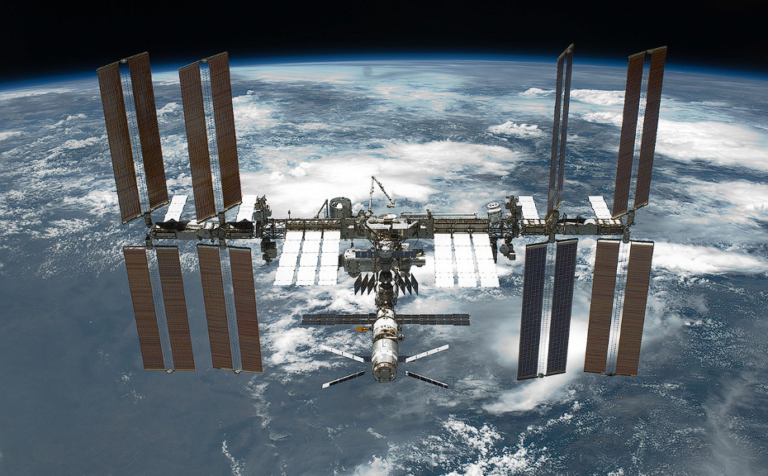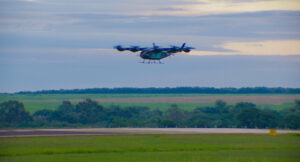Astronauts aboard the International Space Station have achieved a 98% water recovery rate in a breakthrough achieved by a method that might make the faint of the heart slightly squeamish: they hit peak astronaut pee recycling.
The water recycling achievement is an important milestone for low-orbit space missions that aim to provide the basic needs of astronauts without resupply missions. This means recycling or regenerating things like food, air, and water.
In terms of the International Space Station (ISS), each crewmember needs around a gallon of water each day for drinking, food preparation, and hygiene uses like brushing their teeth. The ideal goal in terms of water has been a 98% recovery of the initial water that crews take into space with them at the start of longer missions.
“This is a very important step forward in the evolution of life support systems,” part of the team at Johnson Space Center that manages life support systems on the ISS, Christopher Brown, said in a statement. “Let’s say you launch with 100 pounds of water. You lose 2 pounds of that, and the other 98% just keeps going around and around. Keeping that running is a pretty awesome achievement.”
more at space.com
Ask me anything
Explore related questions





